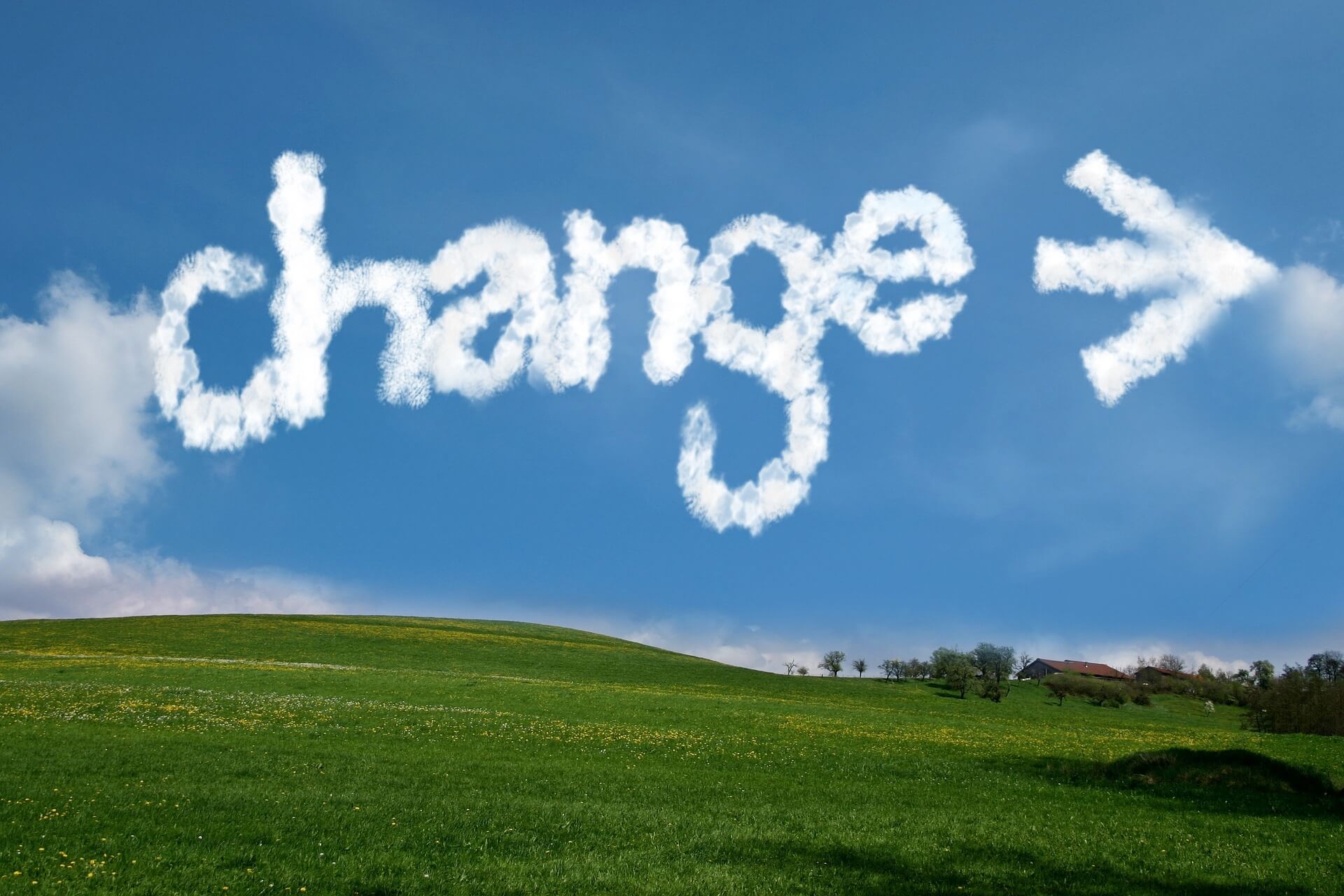
Need to make a change? Hack your willpower and habits. (Part 1 of 2)
We all struggle with willpower at times, both in doing things that are good for us (self-discipline) and stopping things that are bad for us (self-control). I have done extensive research on habit change and have used these tricks to change many of my own habits. I would love to share them with you…
Understanding how willpower and habits work can help us be more successful. The truth is we spend a big chunk of our time on autopilot. Habits drive 40% of our activity each day. Art Markman (Ph.D.), author of Smart Change, describes the two behavior systems at play: the go system and the stop system.
The go system is made up of behaviors we automatically do – basically the habits we already have. The go system takes no willpower; it consists only of things we automatically do when we are triggered. For example, you might have developed the habit of automatically brushing your teeth (behavior) when you wake up in the morning (trigger) or grabbing a glass of wine (behavior) when you arrive home from work (trigger). The stop system, however, takes willpower to activate. This is when we consciously decide to do something different, when we override the go system.
Understanding habits, triggers, and rewards is essential to changing behavior. So what is the anatomy of a habit?
- Habit = Trigger causing a Behavior leading to a Reward (H = T -> B -> R)
- Trigger = A trigger is a condition that occurs in your environment that causes you to engage in behavior. This can be event based (someone cuts you off on the freeway), location based (arriving at your workplace), time based (when your alarm goes off in the morning), or even something in your environment (like a note that says “stay calm”). Here is a great talk on effectively using triggers in your life.
- Behavior = A behavior is the action you automatically do in response to a trigger.
- Reward = A reward is a benefit you get from the behavior.
Adding new habits is actually easier than changing an old habit. Research shows when changing a habit, you will be more successful if you replace the old habit with a new one. Research has also found that it takes 20 repetitions of the new behavior for it to become a habit. So what does habit change take?
- Habit Change (repeat 20x) = (Motivation + Ability + Stop Activation when the Trigger Happens) -> A New Behavior -> A New Reward
- Motivation = A reward you really want.
- Ability = You must have the ability to do the new behavior.
- Stop Activation = You have to use willpower to activate the stop system when the trigger happens.
To have motivation, you need to really believe the new reward is worth changing for. There must be clear benefits that you really want. You also need to choose to make the change. Others choosing for you undermines motivation. Said another way, you need a strong “why.” You also must have the ability to do the new behavior. Finally, you have to know what triggers the behavior in order to activate your stop system. Then you can do the new behavior and get the new reward. When you change a habit, you are really creating a new if-then statement. This is actually an extremely compact way to describe what you want to do, and it is easy to remember.
- if trigger then new behavior then reward
It is important to have an immediate reward when making a habit change – even if that is giving yourself a simple “I’m awesome” high five. Some rewards that are further out (like the benefits of losing weight) miss the small successes that lead to the big success.
So now you understand the power of habit, how habits work, and how to plan a habit change. In the next part of this series, we will discuss how to hack your willpower to be more successful at changing your habits.
Written by Guy Bieber
Inspire ✦ Be Inspired ✦ Create Amazing Experiences
When you need “The Guy”: @theguybieber theguybieber@karmas.co bookings@thepotentialbook.com
Recent Comments